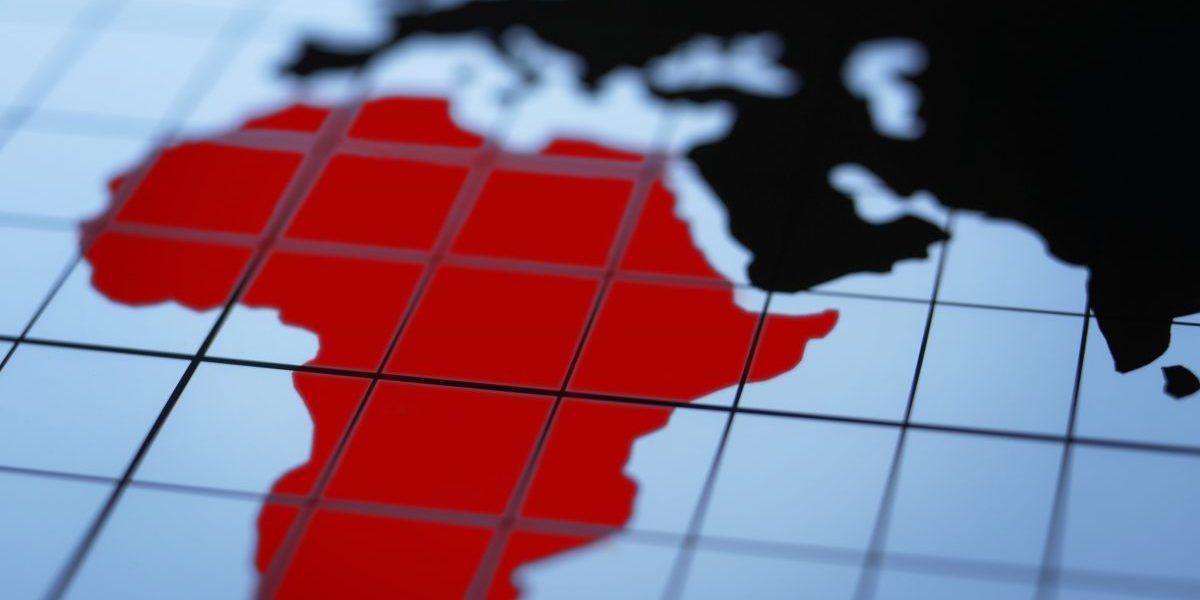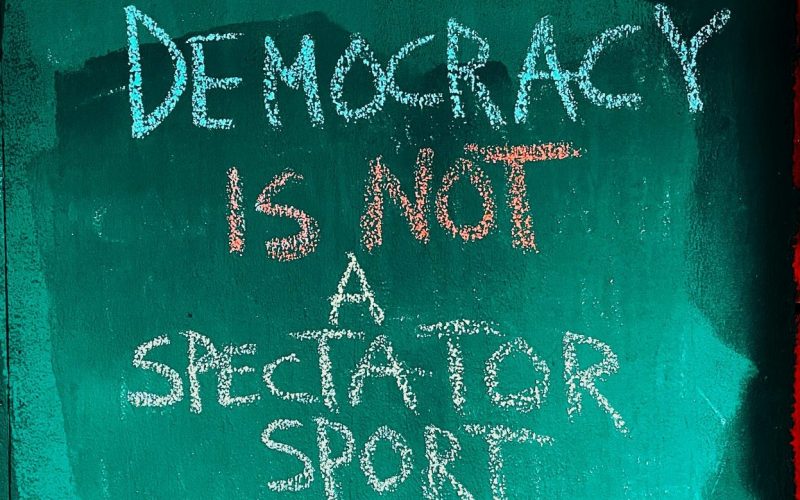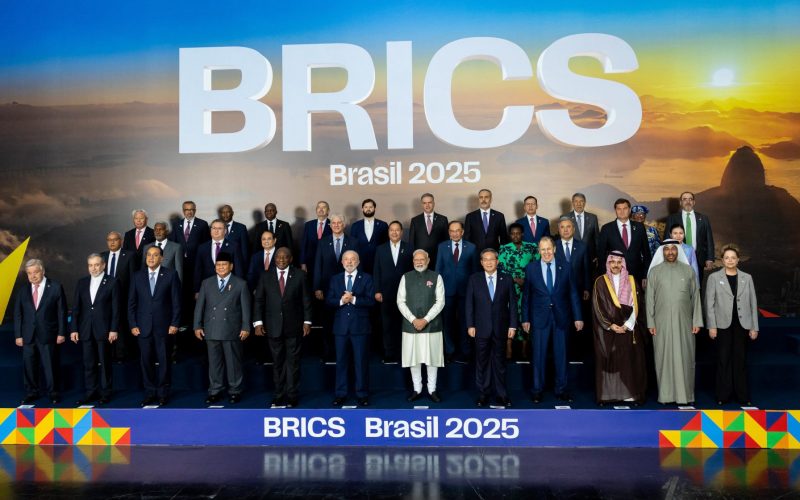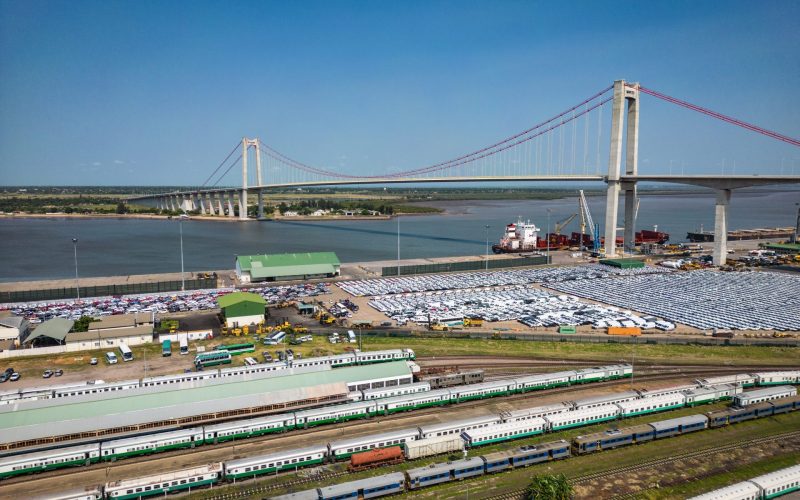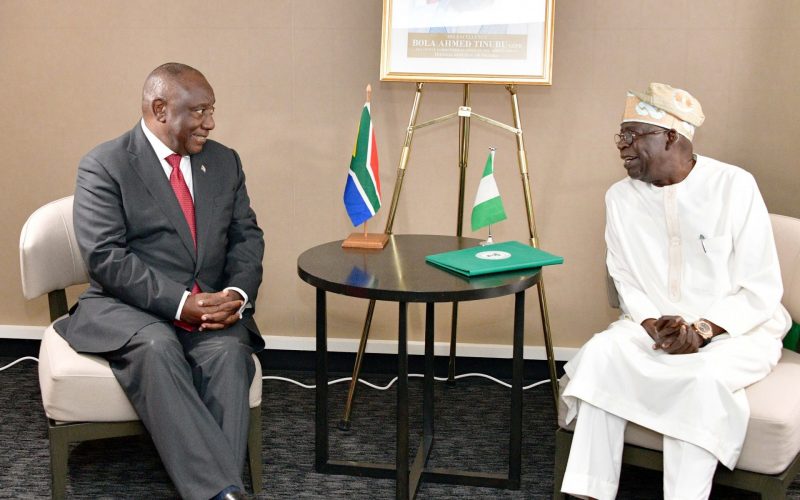Ghana joined the APRM in 2003 with high-level commitment and interest, but this has waned under recent governments. In 2003, Ghana announced it would join the EITI, but it took ten years to become compliant. EITI reports on Ghana show that projects do not always reach completion due to funding constraints and weak access to information. Nevertheless, Ghana is using the EITI for tangible improvements in resource transparency. Ghana joined the OGP in September 2011, and its OGP Steering Committee formulated its first National Action Plan (NAP) in 2013. Since then, Ghana has made good progress in implementing its commitments. However, the capacity of the OGP in Ghana is limited, which hinders effective intergovernmental cooperation. Its reporting lacks detail and supporting evidence to indicate progress and there is room for improvement in civil society involvement in all three MSIs.
Liberia joined the APRM in 2011, and in from 2013 to 2015 President Ellen Johnson Sirleaf headed the APRM Forum. Liberia received its Country Review Mission in 2017, but newly-elected President George Weah requested re-validation of the draft report. In 2009, Liberia became the first African EITI-compliant state. The Liberian EITI (LEITI) is active and publishes data on key resource sectors: mining, petroleum, forestry, and agriculture. Liberia joined the OGP in 2011 and produced its first NAP in 2013. The Ministry of Information, Cultural Affairs and Tourism (MICAT) is the lead agency for implementing the NAP, but lacks clout and legal power to ensure policy change. Additionally, civil society involvement has been patchy and lacks diversity. Given Liberia’s history of conflict, participation in these MSIs can aid the country in strengthening democracy, transparency, and accountability.
Sierra Leone joined the APRM in 2004 but was only reviewed eight years later. There are few sources available on its APRM process and implementation. It became an EITI candidate in 2008 and reached compliance in 2014. Current efforts are aimed at reviving the mining companies’ participation on the multi-stakeholder group (MSG), a body that all EITI countries set up to bring the government, businesses, and civil society together to steer the process. To join the OGP, Sierra Leone adopted a Right to Access of Information Act in 2013. The OGP provided a platform from which to elevate Sierra Leon’s domestic reforms to increase transparency, reduce corruption, and empower citizens. Two key challenges emerged during its construction of the first NAP in 2016: low and uncoordinated government attendance at OGP meetings, and the Ebola outbreak, which took priority over any other processes. Currently, mid-term completion of the second NAP is very low at 9%. Like in Liberia, these MSIs can help overcome the country’s endemic poverty solidified by years of civil war.
Tanzania joined the APRM in 2004 and was reviewed in 2013. However, the country took another four years to launch its Country Review Report. This has delayed implementation of the National Program of Action and the APRM has had little traction among multiple domestic development initiatives. Tanzania became an EITI candidate country in 2009. The Tanzanian EITI (TEITI) has struggled to popularize the initiative and communicate effectively between stakeholders. Furthermore, the TEITI MSG should be broadened. Tanzania’s opaque mining laws continue to impede successful EITI implementation. However, dramatic reporting progress is evident: discrepancies were previously at 76%, and are now less than 1%. Tanzania joined the OGP in 2011, and its second NAP in 2014 led to the adoption of the Access to Information Act. Limited internet access however has hindered public awareness and effectiveness of the law. In 2017, Tanzania withdrew from the OGP stating its major goals were achieved and that its dual membership with the APRM was onerous.
These four case studies offer valuable lessons. High-level political commitment is vital to sustained implementation of MSIs. International pressure can also increase (or diminish) political will. Some states lack the financial and human resources necessary to implement change, which adversely affects success of MSIs. Other trends among these cases are the lack of legitimacy in MSI reports due to unsubstantiated claims and poor drafting, the reporting burden of member states to multiple MSIs, and the weak implementation of supporting domestic legislation. As the case countries are party to multiple MSIs, there is a tendency towards overlapping and duplicating efforts, therefore emphasizing a need for better harmonization and synergy.

